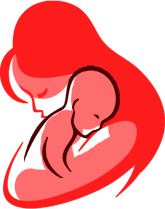
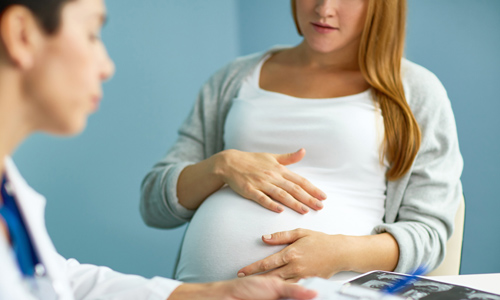
A high-risk pregnancy is one that threatens the health or life of the mother or her fetus. It often requires specialized care from specially trained providers.
Some pregnancies become high risk as they progress, while some women are at increased risk for complications even before they get pregnant for a variety of reasons.
Early and regular prenatal care helps many women have healthy pregnancies and deliveries without complications.
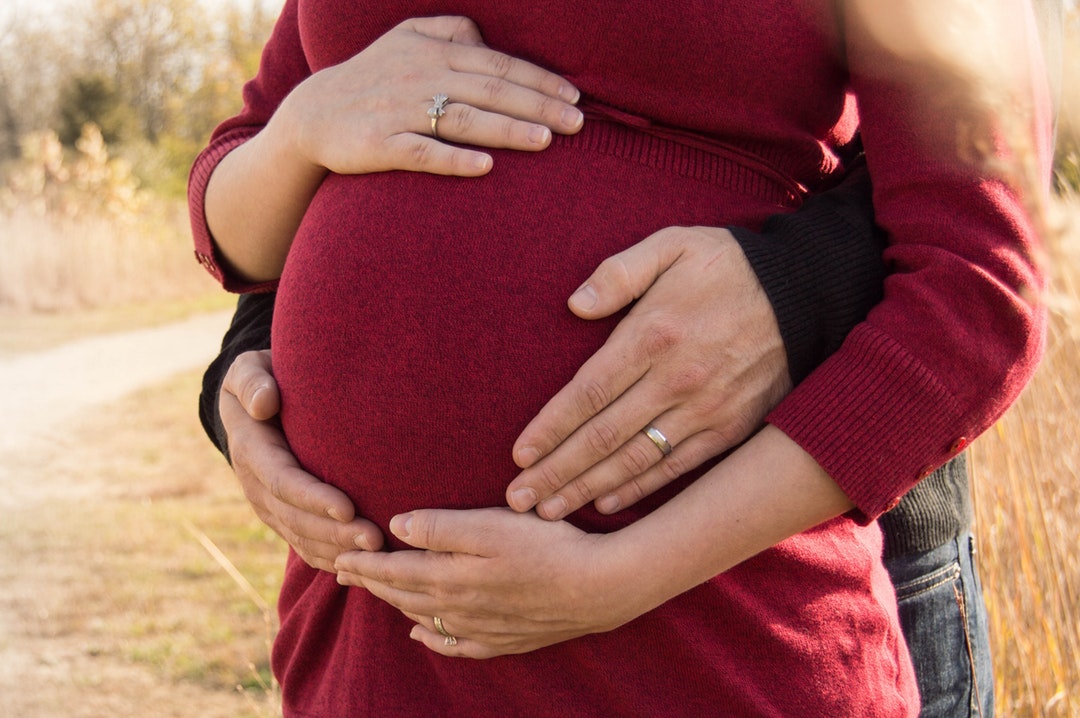
What causes a high-risk pregnancy?
Sometimes a high-risk pregnancy is the result of a medical condition present before pregnancy. In other cases, a medical condition that develops during pregnancy for either you or your baby causes a pregnancy to become high risk.
Specific factors that might contribute to a high-risk pregnancy include:
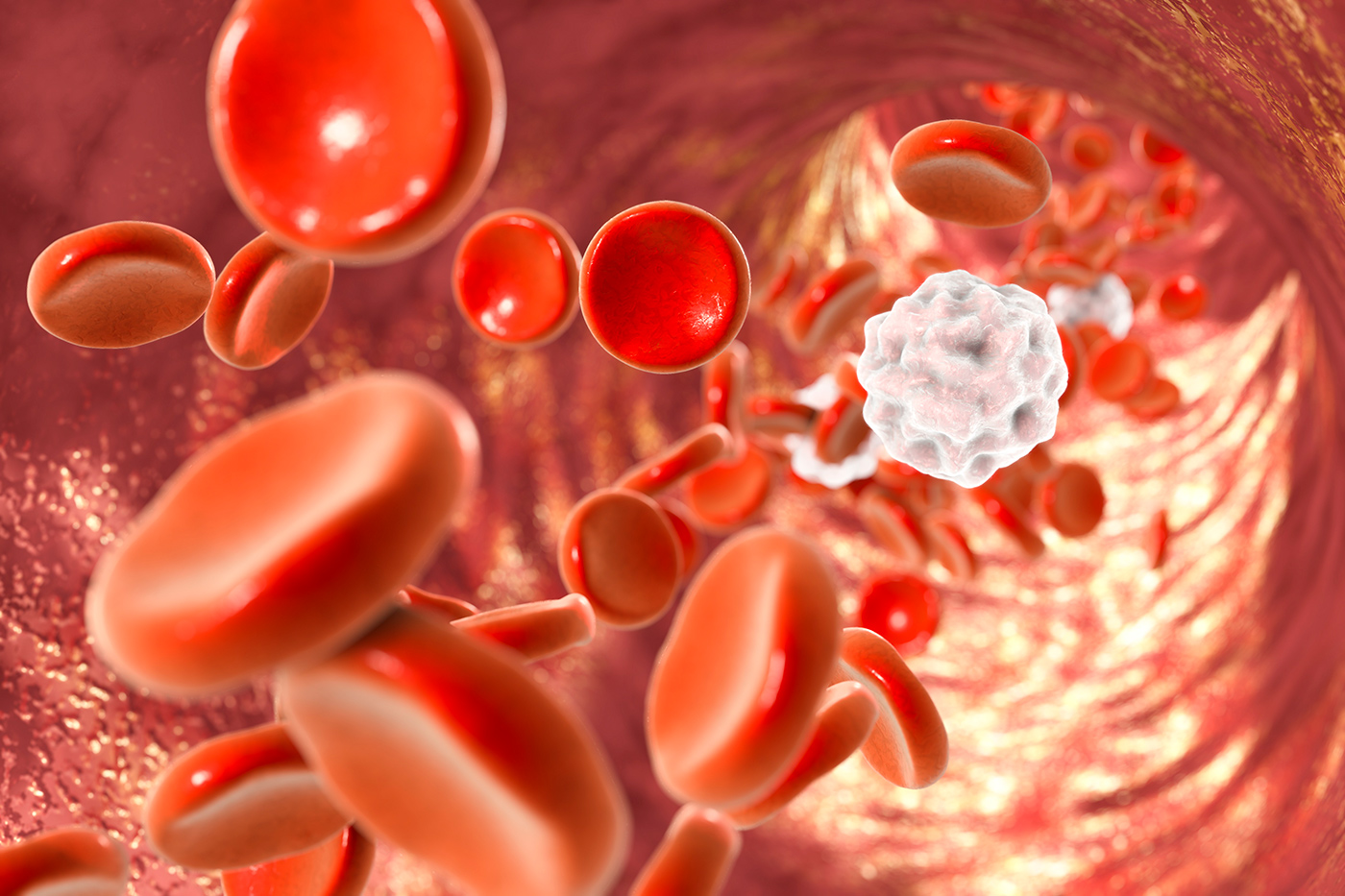
Blood disorders :
If you have a blood disorder, such as sickle cell disease or thalassemia, the additional strain pregnancy puts on your body can make your condition worse. There are also potential risks to your baby (both during pregnancy and after delivery) if she inherits your condition.
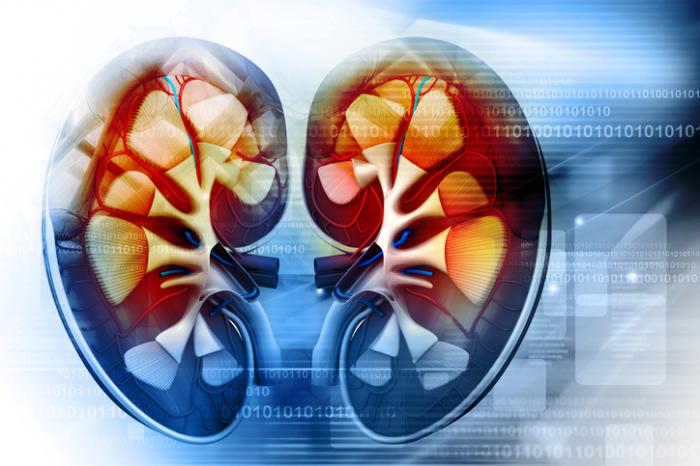
Chronic kidney disease :
This condition increases your risk of miscarriage, developing high blood pressure and preeclampsia, and having your baby early. Pregnancy can also put an extra strain on your kidneys.

Depression :
Pregnancy and becoming a mom can make you more vulnerable to mental health problems, including anxiety and depression. Untreated depression and some medications for depression are linked with risks for your baby. (However, don't make changes to your medication without talking to your healthcare provider first. Stopping suddenly has risks too.)
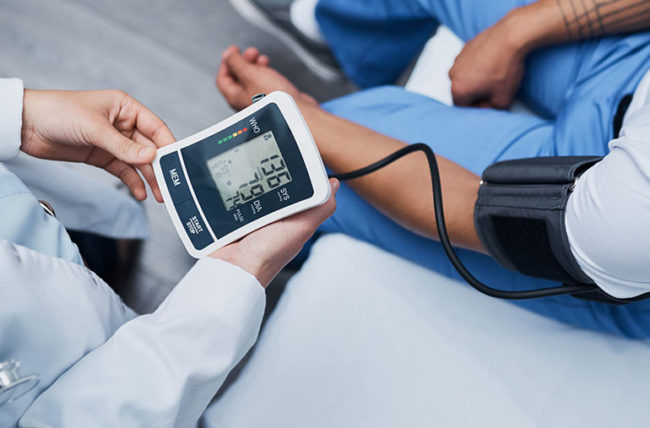
High blood pressure :
You can still have a normal pregnancy, even if you have high blood pressure. However, untreated high blood pressure can cause your baby to grow more slowly than usual or be born early. Other complications associated with high blood pressure include preeclampsia and placental abruption, a serious condition in which the placenta partially or completely separates from the uterus before a baby is born.
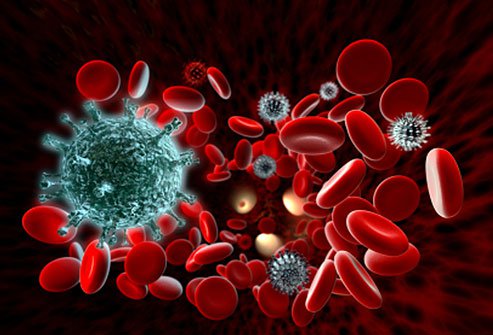
HIV or AIDS :
If you have HIV or AIDS, your baby can become infected before birth, during delivery, or when you breastfeed. Fortunately, medication can dramatically reduce this risk.

Lupus :
Lupus and other autoimmune diseases can increase your risk of preterm delivery, preeclampsia, and having a small baby. Being pregnant may also increase the likelihood of your disease flaring up or getting worse.

Maternal age :
Your age can affect how likely you are to have a high-risk pregnancy. Being an older mom (age 35 or older in your first pregnancy) or a younger one (in your teens) puts you at greater risk of some complications and health problems.

Obesity :
Having a body mass index (BMI) of 30 or higher before pregnancy puts you at greater risk of gestational diabetes, type 2 diabetes, and high blood pressure during your pregnancy. When it comes to giving birth, you're more likely to need your labor induced or a cesarean delivery.
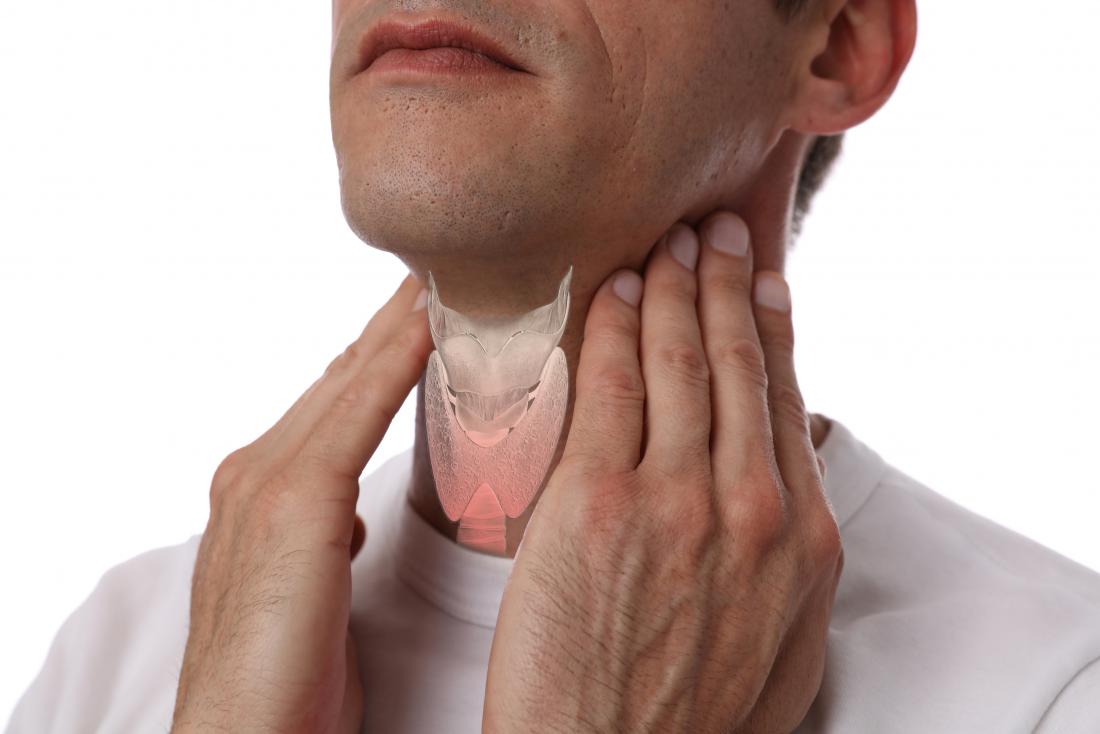
Thyroid disease :
Both an underactive thyroid (hypothyroidism) and an overactive thyroid (hyperthyroidism) during pregnancy can cause problems for you and your baby if the condition isn't controlled. These problems can include miscarriage, preeclampsia, low birth weight, and having your baby early.
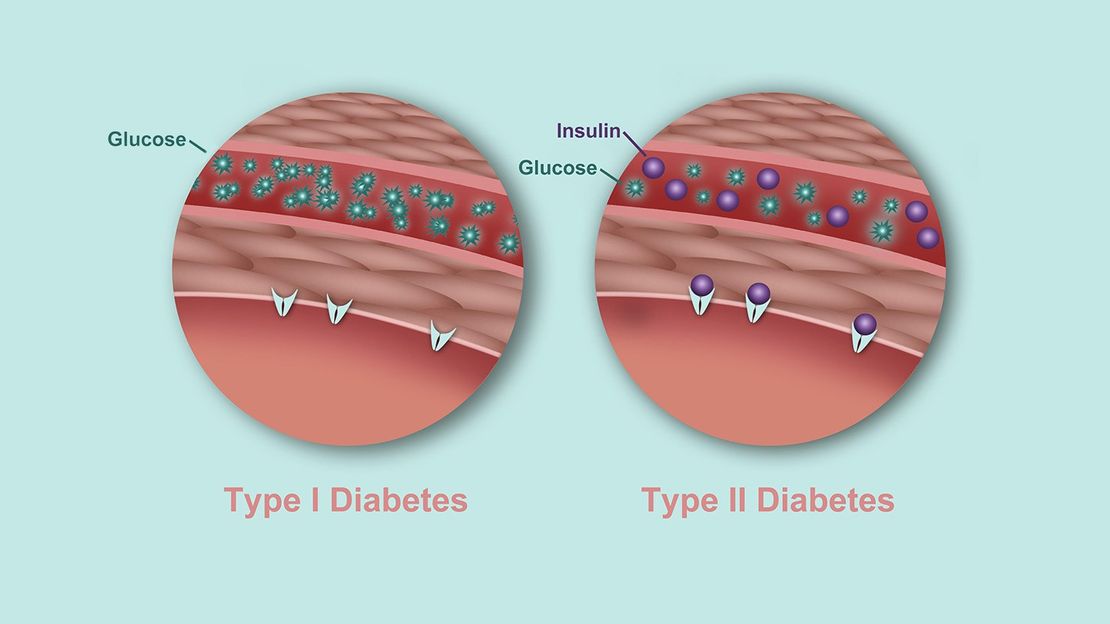
Type 1 or type 2 diabetes :
If your diabetes isn't managed well, you could be at risk of complications including birth defects, high blood pressure, having your baby early, and having a very big baby (macrosomia). Your baby may have problems with breathing, low glucose levels, and jaundice.

Alcohol :
Heavy drinking during pregnancy exposes your baby to an increased risk of stillbirth and fetal alcohol spectrum disorder (FASD).

Smoking :
If you smoke while you're pregnant, your baby is at risk of many complications including being born small and being born early.

Substance abuse :
If you use illegal drugs or misuse prescription medication regularly your baby may suffer from withdrawal symptoms after birth. He may have birth defects, have a low birth weight, or be born early.
Reducing High-Risk Pregnancy Complications :
If you fall into the high-risk category during your pregnancy there are things you can do to increase the health and wellness of both your unborn child and yourself and avoid pregnancy complications:
. Schedule a preconception visit with your doctor
. Find out all you can about your condition
. Go to all your prenatal appointments
. Have a healthy lifestyle gain the right amount of weight and stay active if you're able
. Ask your partner, family, and friends for support
. Look after your emotional well-being